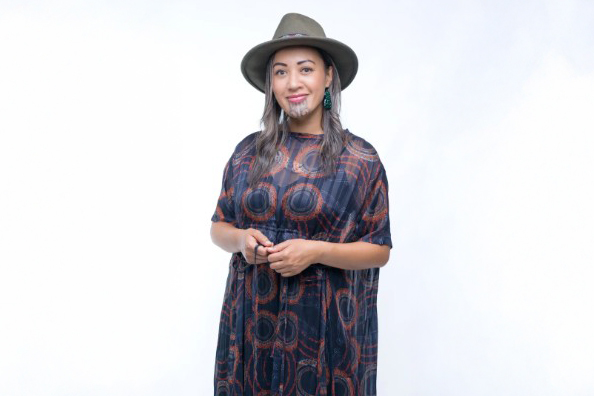By taking adversity and turning it into an academic study, Tumuratonga Keri Milne-Ihimaera and rangahau advisor Morehu McDonald have received the highest qualification awarded by a university - a doctorate.
They proudly join at least 20 Te Wānanga o Aotearoa kaimahi with the same level of learning, including Te Taiurungi Dr Jim Mather.
While both agree that it’s a special achievement, they say being able to acknowledge and honour their histories of resilience is a far greater feeling.
Keri focused her studies on the statutory intervention of Moerewa School - which took place between 2012 to 2014 when she was principal. During this time a battle played out publicly as the Ministry of Education closed down the school's secondary unit of 27 pupils.
“I feel it’s our collective story," Keri says.
"It’s about the tools the government used to control and eliminate the voices of Māori. I wrote my doctorate on behalf of a group of students whose voices were not represented and on behalf of a community who suffered an unprecedented attack that no other school to this date has experienced. I wanted to document that as an insider, as somebody who was involved in the struggle."
Morehu based his study around the Treaty claim of Ngāti Hinerangi, addressing grievances dating from the 19th Century through to today.
He also developed the Poutama Oranga Survival Theory framework, which references Ira Tangata, Ira Tupuna and Ira Atua to reclaim knowledge and rediscover identity as a 500-year-old hapu and iwi, prior to becoming colonised.
“You’ve got to embrace those stories of resistance, struggle and survival and wear them as a badge of honour, to teach our tamariki who they are and who their tupuna were and to make this a positive source of inspiration for us all,” he says.
The pair obtained their doctorates from Te Whare Wānanga o Awanuiārangi and graduated in Whakatane last month. Morehu was awarded a PhD for his thesis while Keri was the first graduate of Awanuiārangi to be awarded a Doctorate in Māori Development and Advancement.
Keri says she made a conscious decision to pursue her doctorate through a wānanga experience and sees others making the same choice.
“We’re actively rejecting those mainstream pathways that have done damage to us and we’re choosing pathways that are decided by us, for us, to acknowledge us," she says.
"I’m not interested in a mainstream university experience or their acknowledgement of what I know or what I don’t know.”
Morehu says he is excited by the potential for Te Wānanga o Aotearoa to introduce its own PhD programme.
“The aim of our rangahau strategy is to build the capabilities of our kaiako to attain their master’s and PhD so they can deliver high quality programmes, high quality tauira and high quality rangahau.”
Keri sees the positive benefits for Te Wānanga o Aotearoa also.
“For Te Wānanga o Aotearoa to have a similar pathway - and the wonderful work we already do that helps our own whanau and then others - to have that acknowledgement by us for us, I think it’s really special and important.”




































